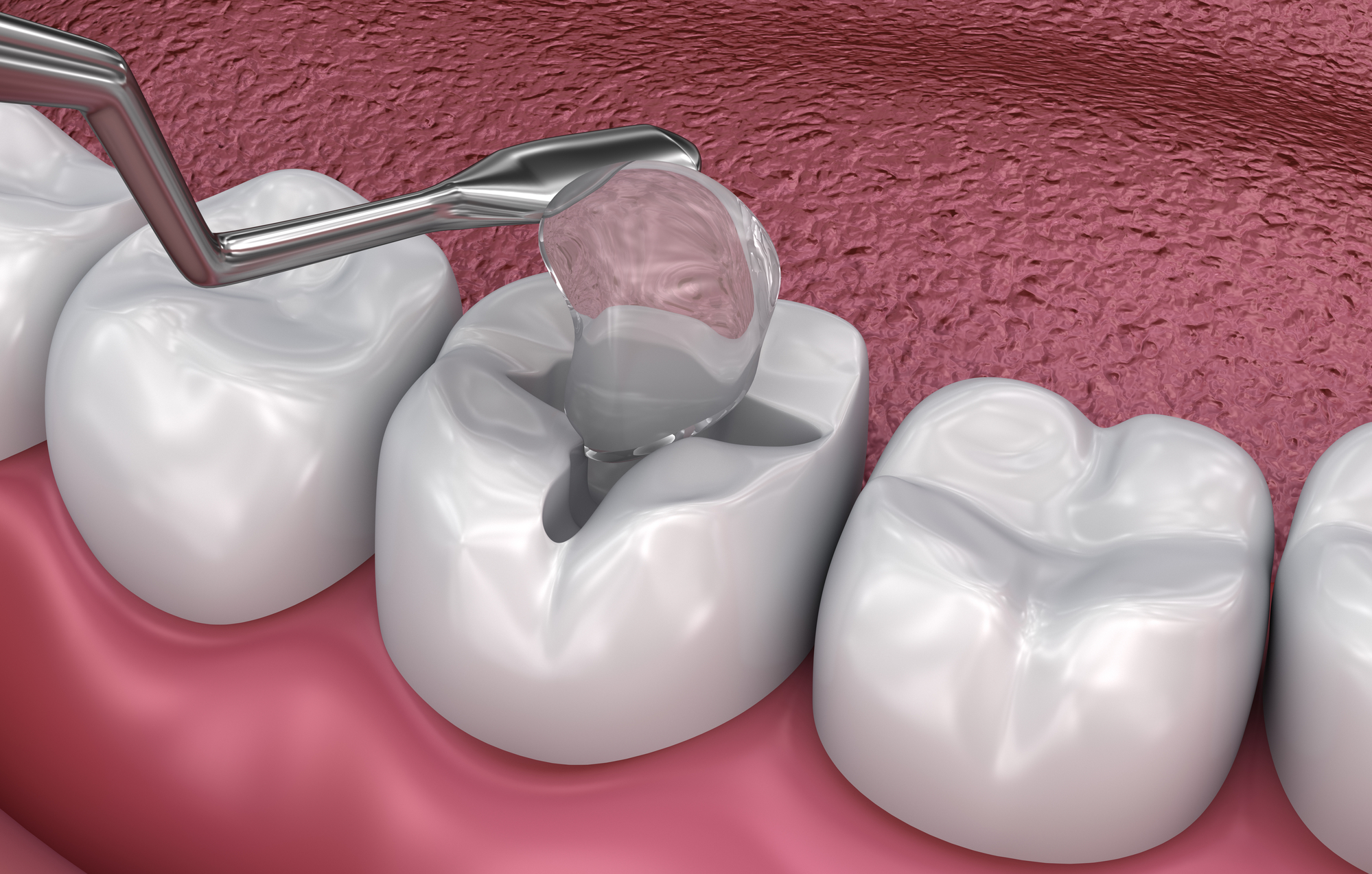
If you have worn tooth enamel or cavities, then you may need dental fillings to repair your smile. Dental fillings are just one way that a restorative dentist can help you strengthen your teeth and prevent worsening oral health conditions.
At Magic Smiles Dental and Implant Centre, our team of dedicated dentists are here to help you get the healthy and happy smile that you deserve. So, if you suspect that you might have a cavity, then don’t wait–schedule an appointment to discuss dental fillings with a New South Wales dentist now. New and existing patients can request an appointment online here.
Meanwhile, let our team answer four frequently asked questions (FAQs) about tooth fillings. Using this information might help you make the right decision for your smile and oral health.
What are dental fillings made from?
In the past, dentists used a blend of metals to fill in cavities or worn tooth enamel. However, the Food and Drug Administration (FDA) states that this metallic blend typically contains about 50% elemental mercury by volume. And, elemental mercury is a well-known neurotoxin. So, most dentists today no longer use metal to fill cavities or strengthen weak enamel.
Today, dental professionals use composite resin as fillings. Composite resin is a biocompatible material, so patients don’t have to worry about heavy metals seeping into their bloodstreams.
Not only do composite dental fillings work better with our bodies, but they are more aesthetically-pleasing, too. No more dark, metal dental fillings–just seamless, tooth-colored fill-ins!
How long do dental fillings last?
Research suggests that the majority of composite dental fillings last for approximately seven years before needing replacement. However, newer research indicates that proper dental hygiene and maintenance could allow patients to enjoy their dental fillings for more than 10 years.
So, get the most out of your dental fillings by brushing after every meal, flossing at least once a day, and visiting our dental team for regular dental exams and cleanings.
How do I care for a new dental filling?
Besides brushing twice a day, flossing once a day, and scheduling regular dental visits, patients should protect their new tooth fillings by:
- Avoiding excessively sticky or hard foods
- Using dentist-approved toothbrushes and toothpaste
- Wearing mouthguards for teeth grinding or during high-contact activities
Taking these precautions will prevent a new dental filling from falling out or getting damaged.
Does getting a dental filling hurt?
At Magic Smiles, we prioritize our patients’ comfort. That’s why we use top-of-the-line numbing agents and sedatives. So, patients who need a dental filling shouldn’t feel any pain during their treatment.
Nonetheless, patients may experience some slight pressure or discomfort during their procedure. Ordinarily, the procedure is pain-free, but some patients report minor sensitivity following their appointments. Typically, the sensitivity resides within a couple hours, allowing patients to get back to their regular activities.
See if dental fillings are right for you–schedule a consultation!
If you think that you might need tooth fillings, then don’t delay–schedule an appointment at Magic Smiles Dental and Implant Centre today. Patients can easily request an appointment online here.




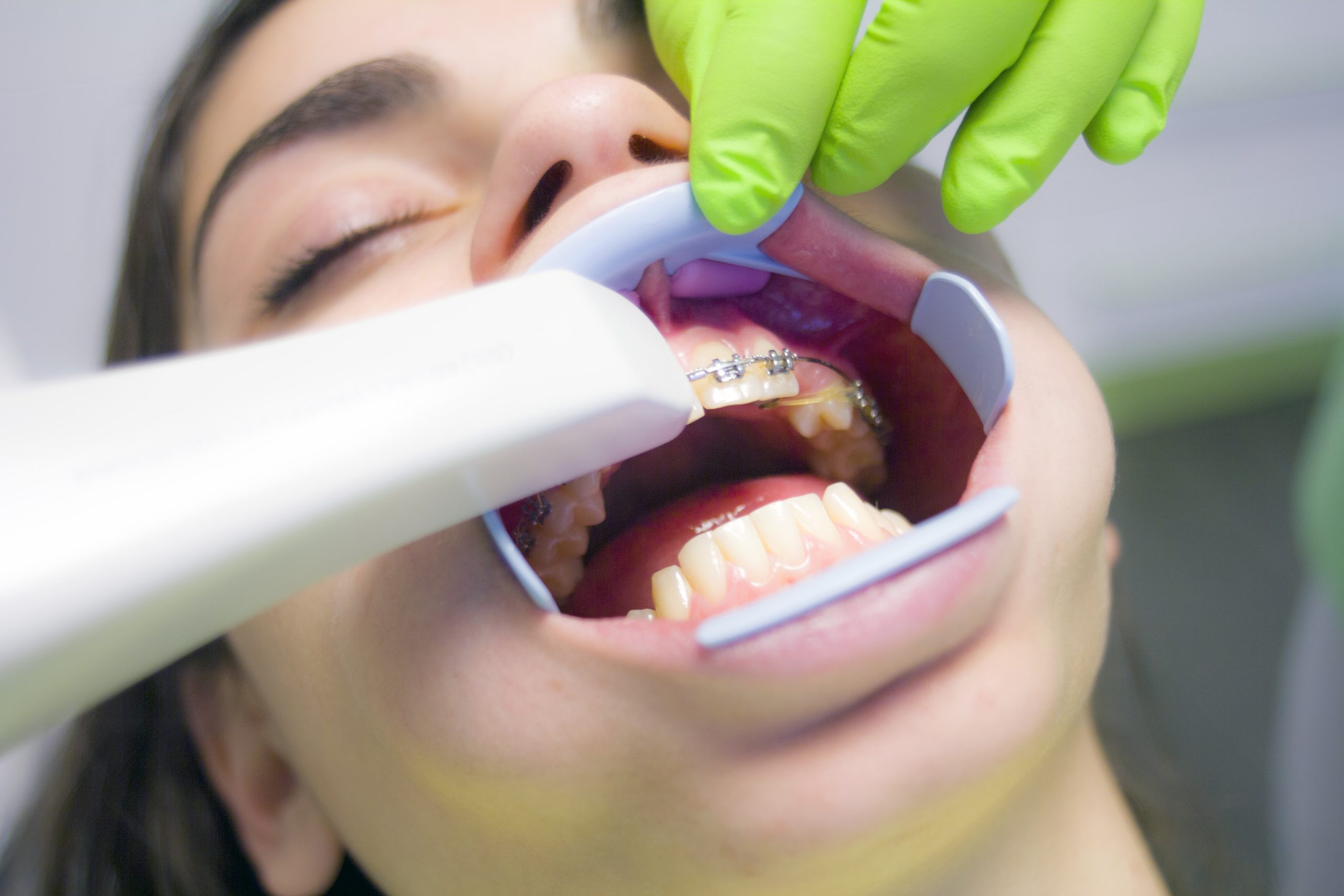
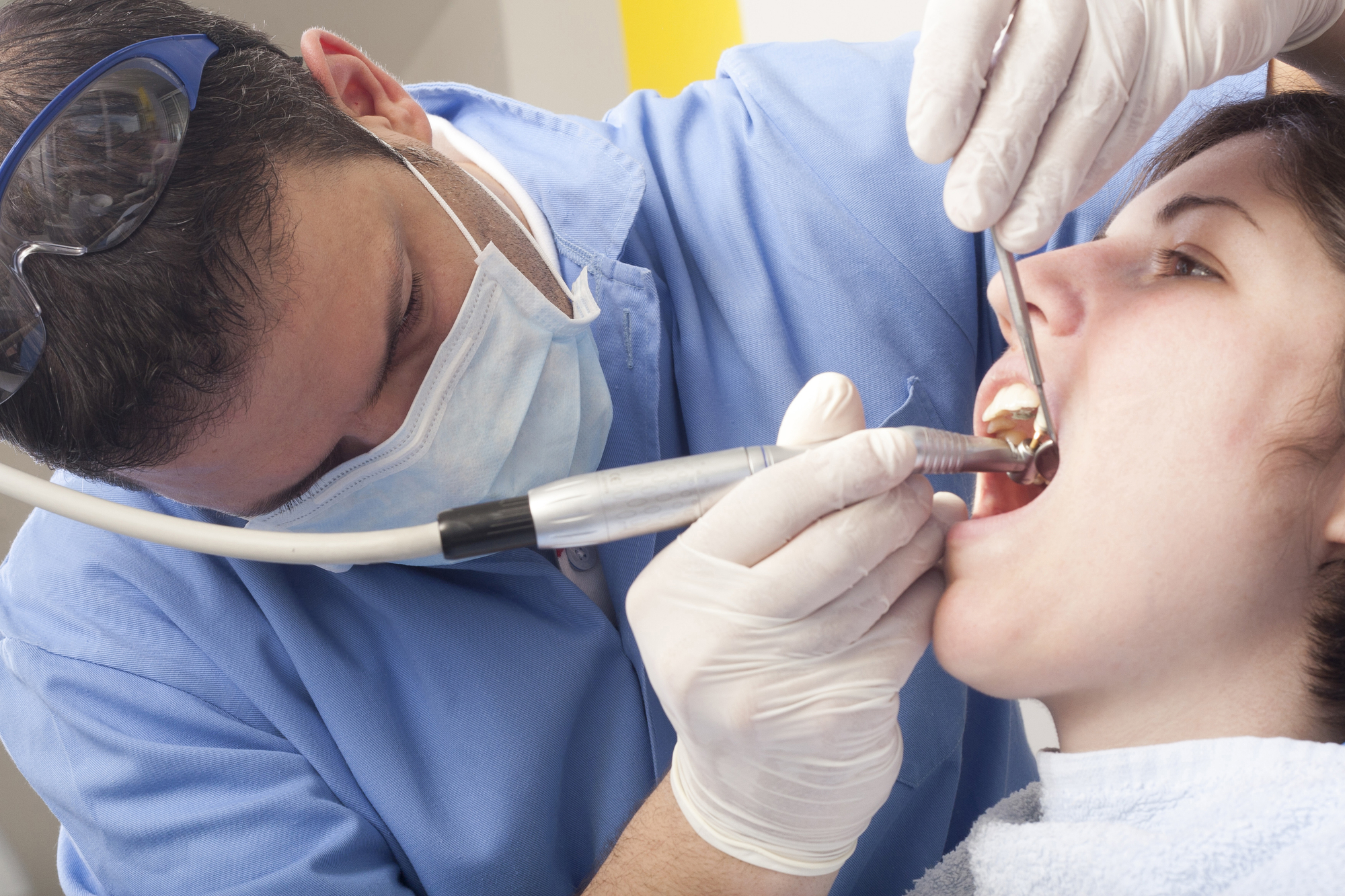

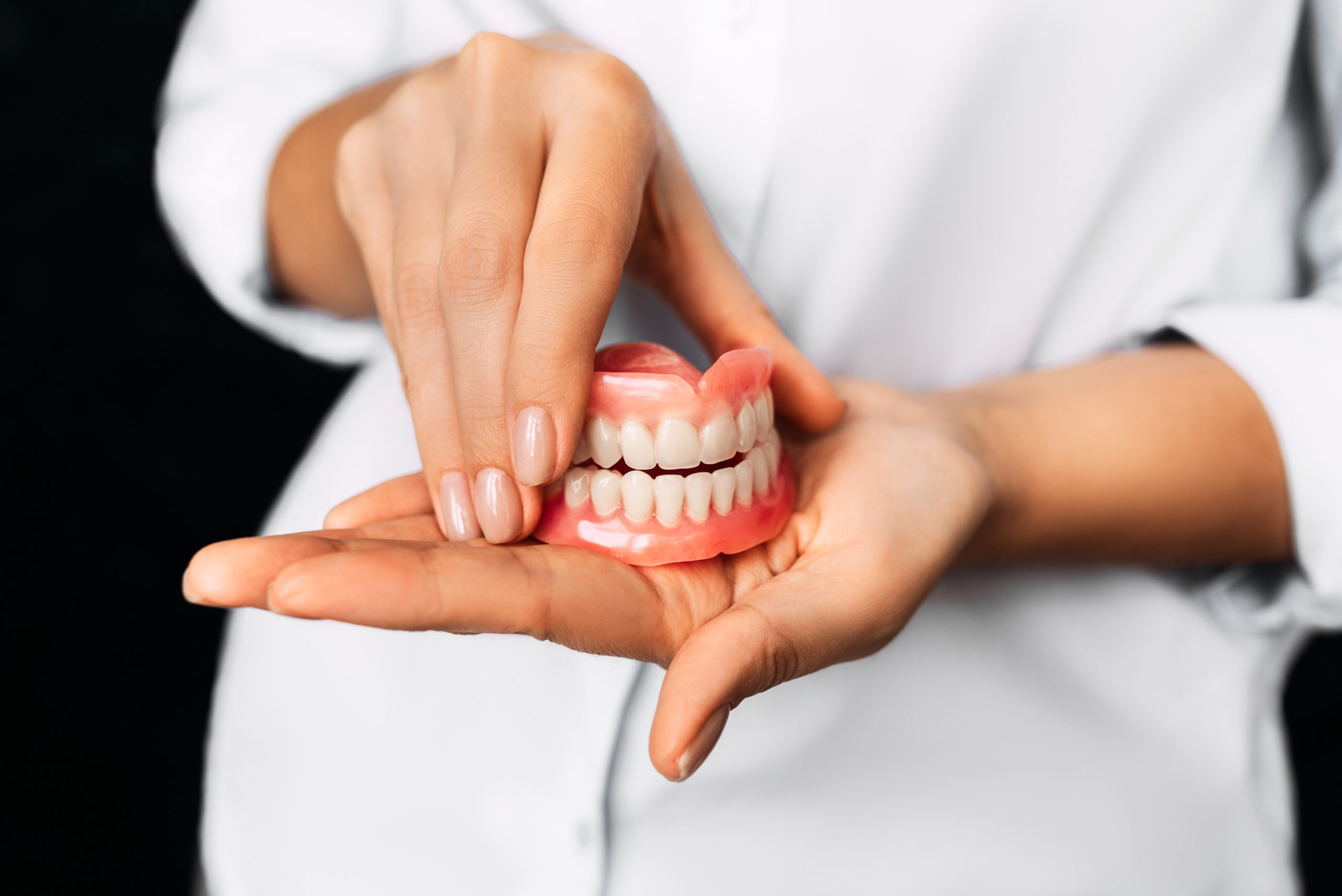

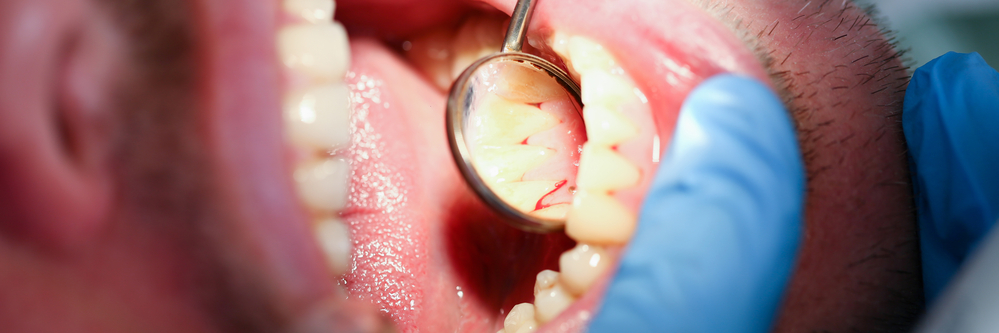


Recent Comments